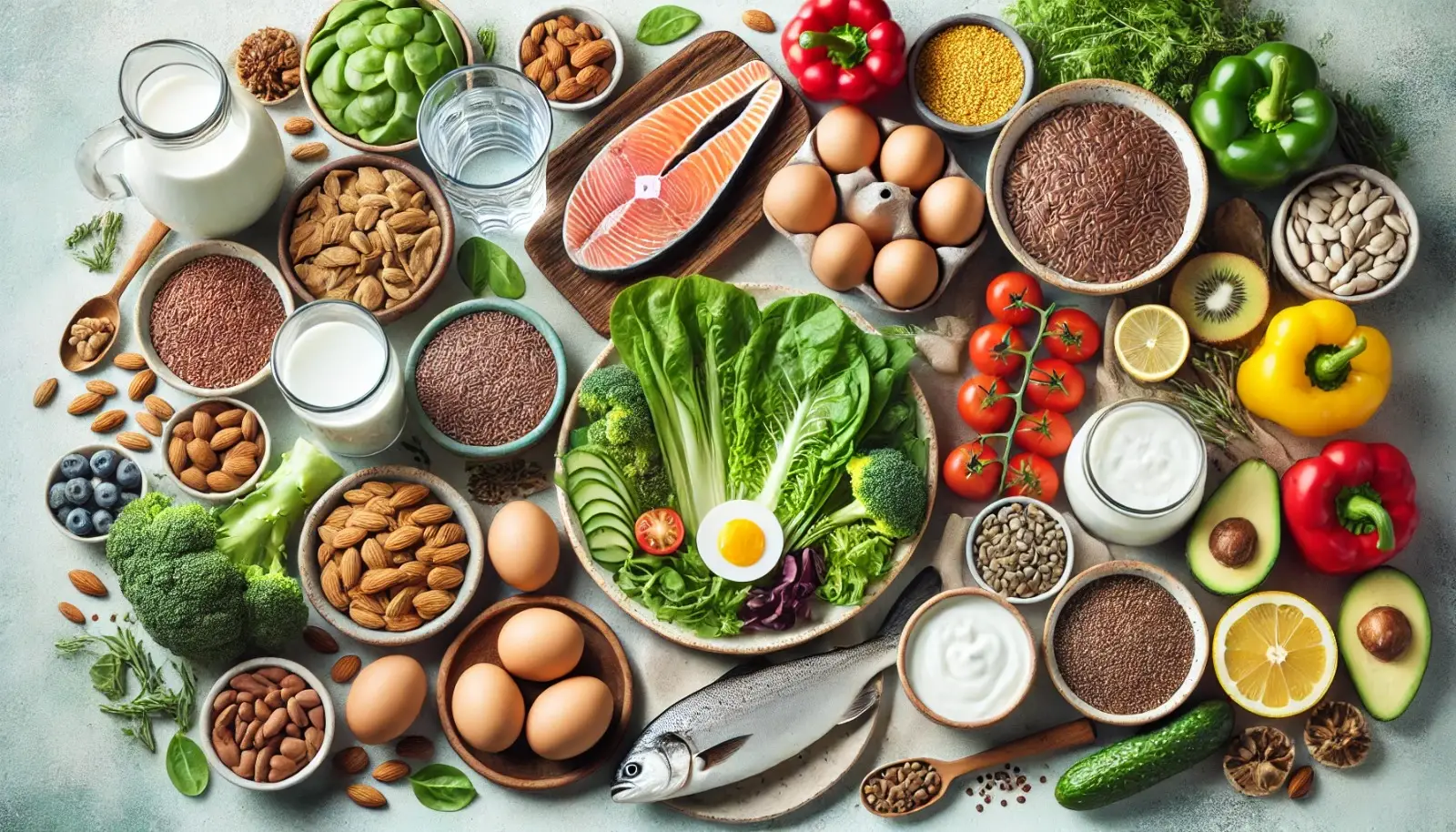The Impact of Diet and Nutrition on Fertility: Foods to Boost Your Chances
Introduction
Society’s lifestyle changed drastically: reduced energy expenditure in physical activity per day, increased consumption of caloric foods with high content of trans fat, and reduced consumption of dietary fibre, which negatively affects fertility. Fertility, a crucial process, is extremely essential for a man’s/woman’s overall well-being. Energy metabolism and fertility are strongly connected and mutually regulated. This is why people who struggle to bear a child are always looking for remedies that will help them meet their requirements.
Here are some nutrient-rich foods, which when added to your daily intake of meals, can make a world of difference.
Fruits and Vegetables: – Commonly heard from elders at home, is to consume the vegetables served on the plate. Make sure half your plate is composed of fresh fruits and vegetables at every meal.
Flax seeds: Flax seeds contain naturally occurring phytoestrogen. Estrogen is a hormone that has many functions in the body, including promoting sexual and reproductive development
Almonds: The nutrient-rich superfood can be a valuable addition to a balanced diet. Almonds are a source of nutrients like zinc and selenium, essential for reproductive health and hormone production. Also, the healthy fats in almonds can contribute to overall cardiovascular health, which plays a role in maintaining good sexual function.
Green leafy vegetables: Not only are they easily available, they are also excellent sources of iron, folate, and antioxidants, essential for reproductive health. Juicing fruits and greens if you’re not a fan of raw veggies, will induce phytochemicals into your body, that are beneficial for fertility.
Fish: Protein sources from the aquatic can also be a nutritious option. They are excellent sources of DHA and omega-3 fatty acids; they also help develop the baby’s nervous system and cut your risk of premature birth.
Yogurt/ Curd: Beneficial for pregnancy, and comprising probiotic microbes that may be instrumental in boosting pregnancy health.
Legumes: Beans, peas, lentils, pulses, peanuts and chickpeas naturally lower in calories yet pack a nutritional punch.
Eggs & poultry: Intake of this protein-rich food, address common deficiencies. Giving rich sources of folic acid and Vitamin D.
Water: Inadequate fluid intake can lead to dehydration. Consuming water at regular intervals is essential for preparing for the baby. Hydration is essential for all age groups and all seasons.
Amla/ Indian gooseberry: Amla is packed with vitamin C, which strengthens the immune system and helps the body fight infections and illnesses.
Chia seeds: Loaded with omega-3 fatty acids, fibre, and antioxidants, making them a nutritious addition to boost energy, improve memory, and stabilise blood sugar levels.
Makhana or peanuts: Indulge in healthy and low-calorie snacks. They are nutritious, filling and provide energy. Replace packet food with homemade food/snacks.
Avoid the following foods:
- Caffeine
- Alcohol
- Cigarette
- Processed meats
- Packaged food
Consuming a balanced meal with a mix of protein, healthy fats, and complex carbohydrates helps stabilise blood sugar levels, providing sustained energy and preventing mood swings. You can potentially enhance your fertility and overall reproductive wellness. keeping faith in yourself, staying active and motivating yourself, can also be an effective measure to increase the chances.





 ACADEMIC REGISTRATION
ACADEMIC REGISTRATION